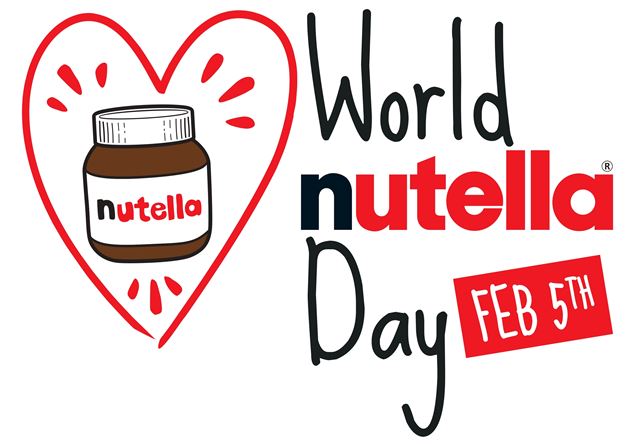
Very popular in French kitchens, this worktop is ultimately not a good idea and could even be banned soon. The reasons are serious.
Scratch, stain and impact resistant, very easy to clean with a damp cloth and a little soap, this material had it all. Lighter and much more accessible in terms of cost than the marble or stone it resembles, it does not lack character. This is why it is so present in kitchens and why it is particularly appreciated in kitchen renovation, but perhaps not for long since a group of Dutch and British doctors have called for a ban on European level for very good reasons. This worktop so popular in our kitchens is probably living its last hours.
Already this year, Australia took the plunge and banned artificial quartz countertops and New Zealand is in the process of doing the same. The reason? The high concentration of crystalline silica, which is dangerous when its fine particles are inhaled. In many countries, such as the United Kingdom, cases of dust-related illnesses have increased significantly among workers cutting and handling artificial quartz. A call for a ban in Europe was therefore made in order to protect professionals in the sector who are particularly exposed and to inform users of this material. Once installed, the quartz worktop generally does not release dust and its non-porous surface is safe.
Kitchen designers are invited to favor other solutions rather than quartz. Several countertop materials offer benefits comparable to quartz in terms of durability, style and ease of maintenance. This is the case for granite which will have similar resistance. We can also turn to ceramic, very popular for its resistance to heat and scratches, its ease of maintenance and above all its customizable finishes to adapt to both classic and more modern kitchens. Finally, if it requires a little more maintenance and precautions, wood is an ideal choice for a healthy and natural worktop while bringing character to the kitchen. It also has the advantage of having a lower carbon footprint.








